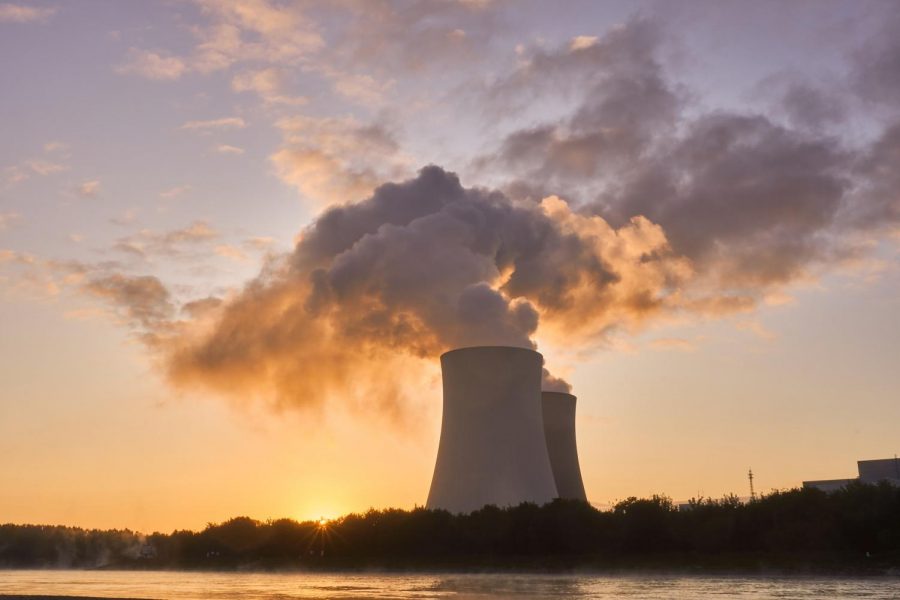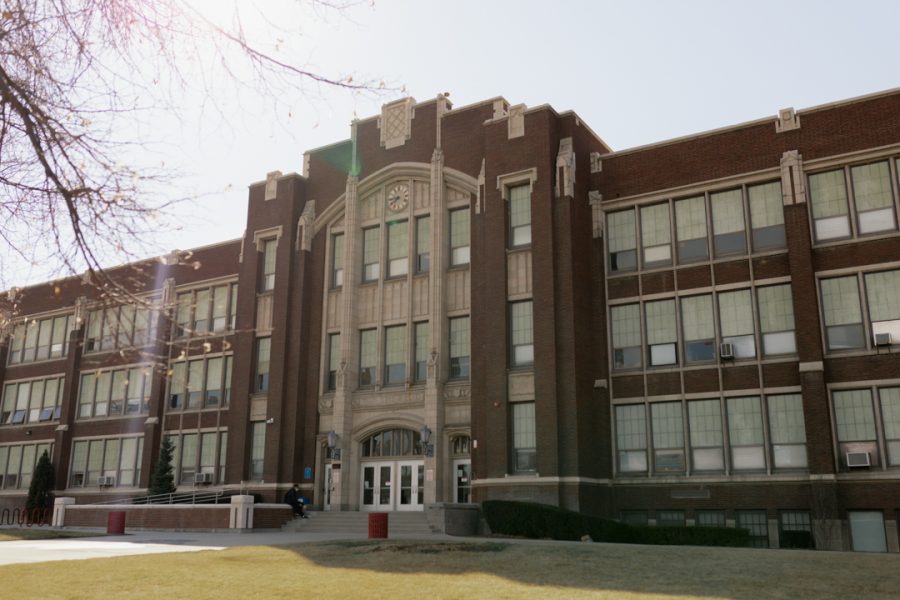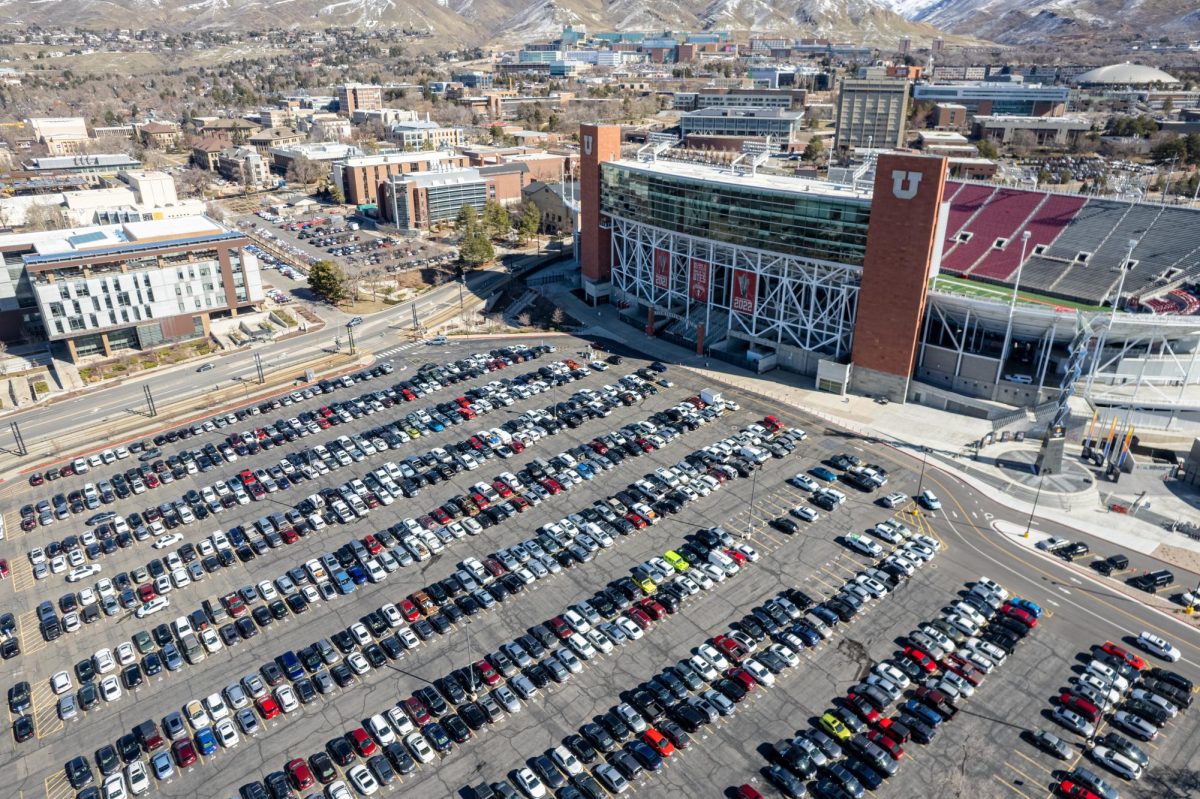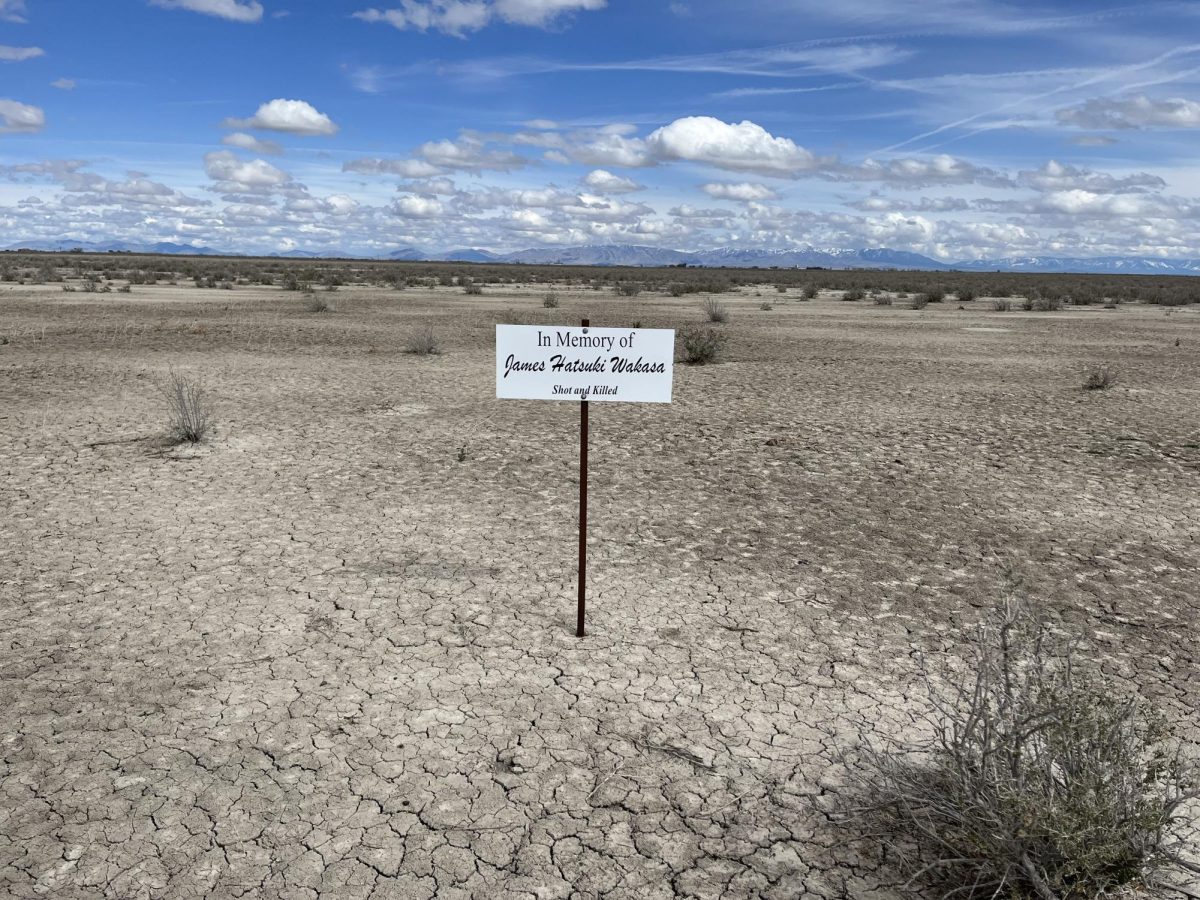Letter: Want a Future with Carbon-Free Energy? Look to Nuclear.
October 18, 2020
We, the American Nuclear Society Student Chapters here in the Western United States, are engaged in researching advanced power generation, seeking meaningful employment for students and learning the fundamentals and applications of nuclear science and technology. We are not politicians, we are not journalists, we are not activists — we are concerned citizens, engineers, scientists and students. We prioritize the development of education, jobs and opportunities in the field of nuclear energy within our communities. It is through these developments that we ensure a bright future for all. The prioritization of nuclear energy will provide reliable and sustainable power to our communities and attract quality students to this field to further the advancement and safety of this uniquely powerful energy resource.
Our communities have been presented with a unique opportunity to be leaders of this future. It is in relation to this opportunity that we feel obliged to discuss the future of nuclear energy in our communities. By Oct. 31, 2020, 33 of our cities will have to make the decision to continue taking steps towards the development of nuclear energy today or abandon it in the face of perceived risk.
The field of nuclear energy is on the cusp of revitalization. For the first time in decades, the Nuclear Regulatory Commission has licensed the safety of a novel nuclear reactor design. The proposed Small Modular Reactor design, developed for the Carbon Free Power Project led by the publicly-owned Utah Associated Municipal Power Systems, will be a first of its kind and will represent a major leap forward for Nuclear Energy and economical, carbon-free energy. Other great advances will follow as this first step aids the nuclear industry in finally bridging the chasm between decades of research and actual commercial application. The realization of these advancements will cumulate in major improvements in the safety, efficiency and waste management of nuclear power beyond even the great strides that we’ve seen in recent decades.
Political attacks against the Carbon Free Power Project have increased the public’s perceived risk of the project. It has been declared too great a financial risk, but these assessments ignore a wide array of economic, educational and societal benefits. Let’s use the Columbia River Nuclear Generating Station as a historical comparison. This power plant, located just outside of Richland, WA, to this day produces 1,207 MW at less than 5 cents/kWh and has never once had a safety accident. In a study conducted by the Public Power Council, the Columbia Generating Station was found to have saved ratepayers $1.4 billion during the 2001 Western Energy Crisis alone. Alternative energy sources simply don’t compare to nuclear in terms of sheer power density, reliability, deployment in rural areas and sustainability.
We have been granted the unique opportunity to contribute to this revolutionary progress in our own communities. The impacts of this precedence will extend all around the globe, but the jobs, educational resources, research opportunities and professional expertise will be brought directly to our communities. This opportunity could very well lead to a veritable nuclear research capital of the world right here in our backyard. Should we choose to spurn this opportunity, the dam of progress will surely be breached elsewhere, and our students and professionals will follow that tide to the benefit and wealth of someone else’s community.
As the societal descendants of Western pioneers, we are now presented with the opportunity to blaze a trail for a better future. We ask only that each of us takes personal responsibility in the fight against misinformation that has plagued the energy industry for so many decades. In this climate of political apathy, let the representatives of your community know where you stand.
— Counsel of the American Nuclear Society Utah Student Chapter and Counsel of the American Nuclear Society BYU Student Section








Sarjit Kaur • Oct 24, 2020 at 10:31 pm
Good morning dear,
Thank you so much for publishing such a wonderful article relate to nuclear in deed I am impressed by your new intitatives because people like us wish to learn more and do right contribution in the community.
Wishing you all the best.
From Sarjit – Singapore